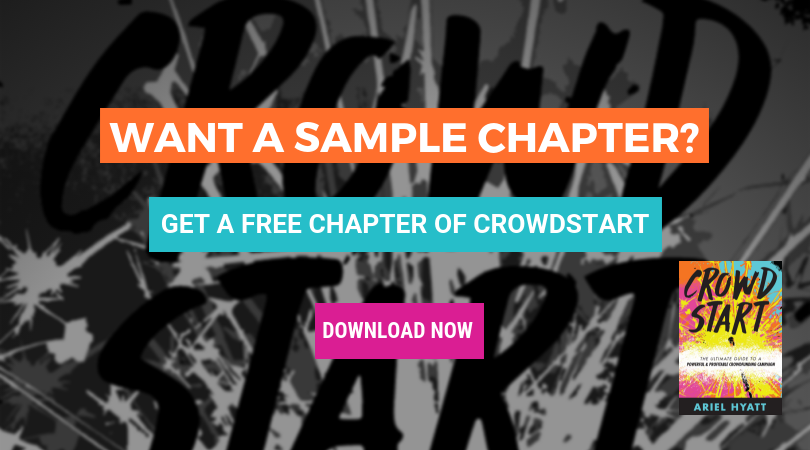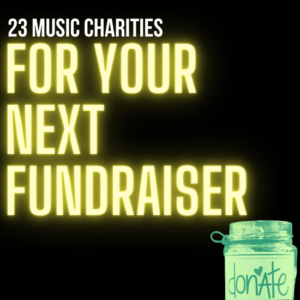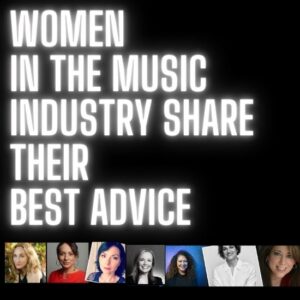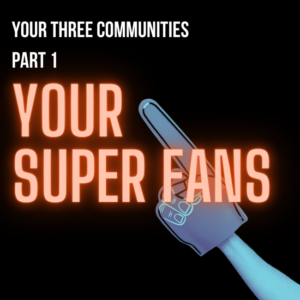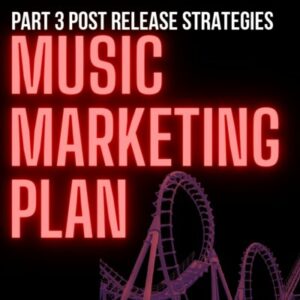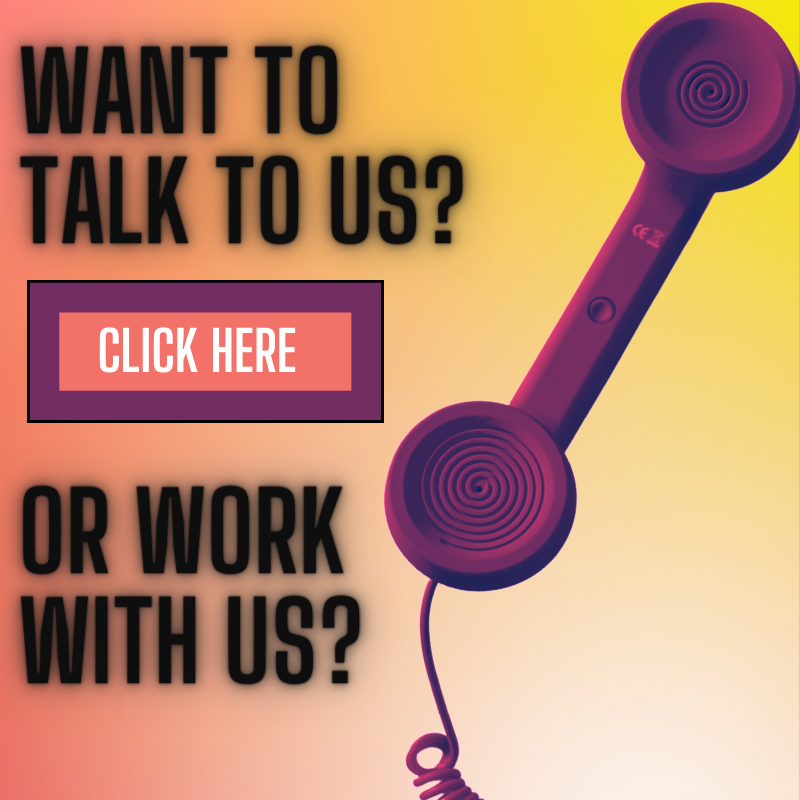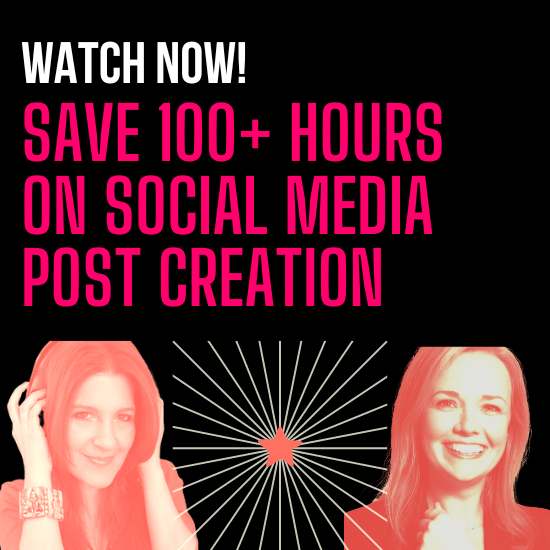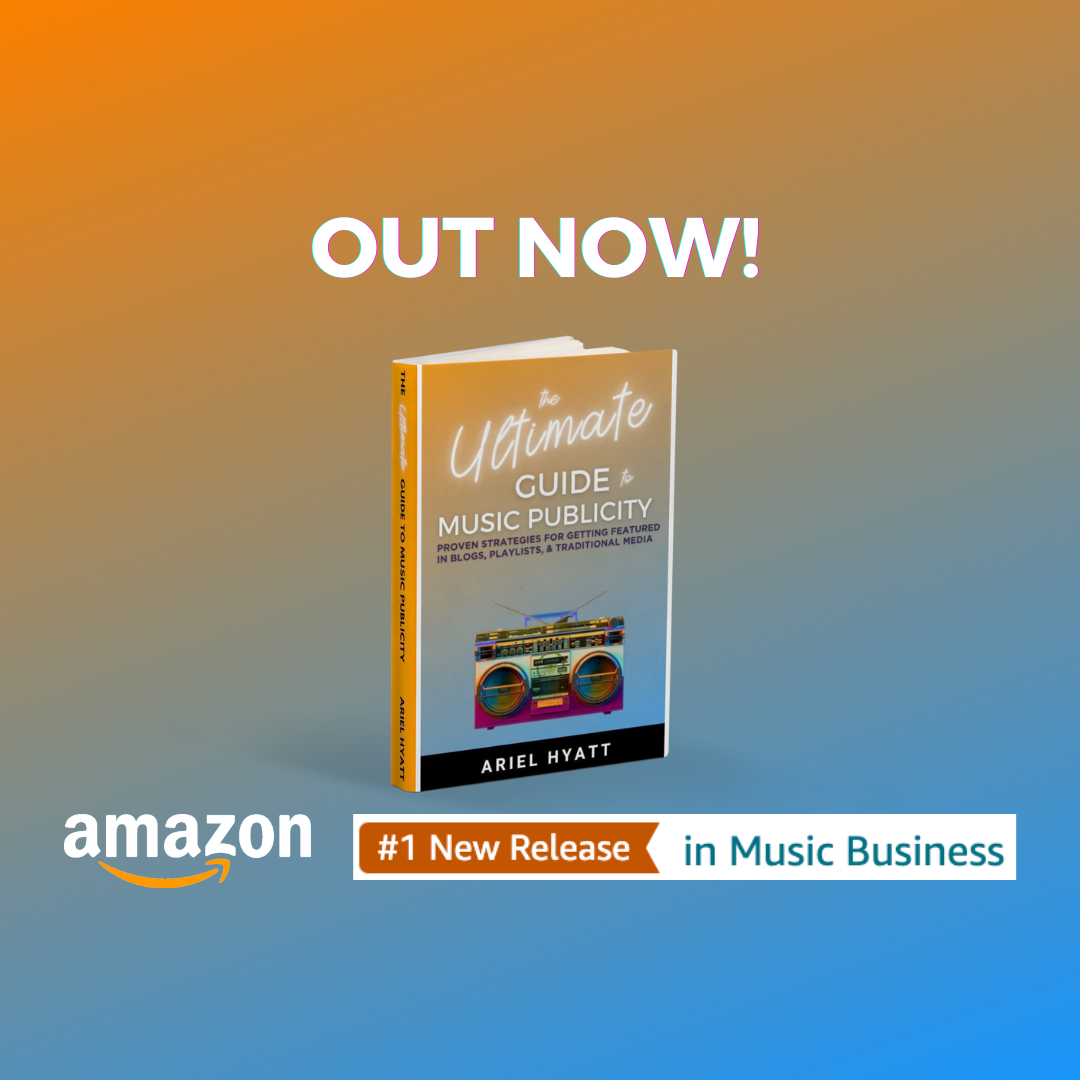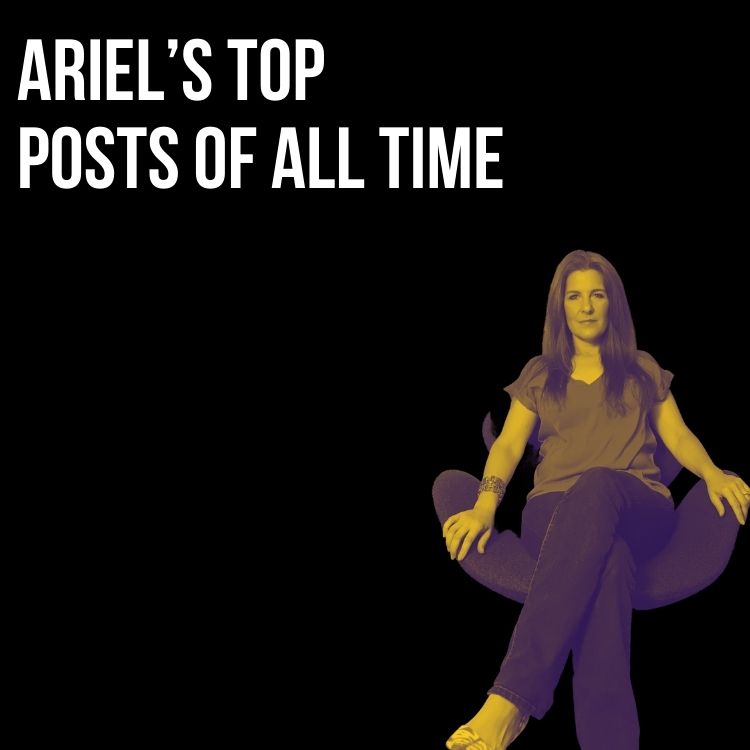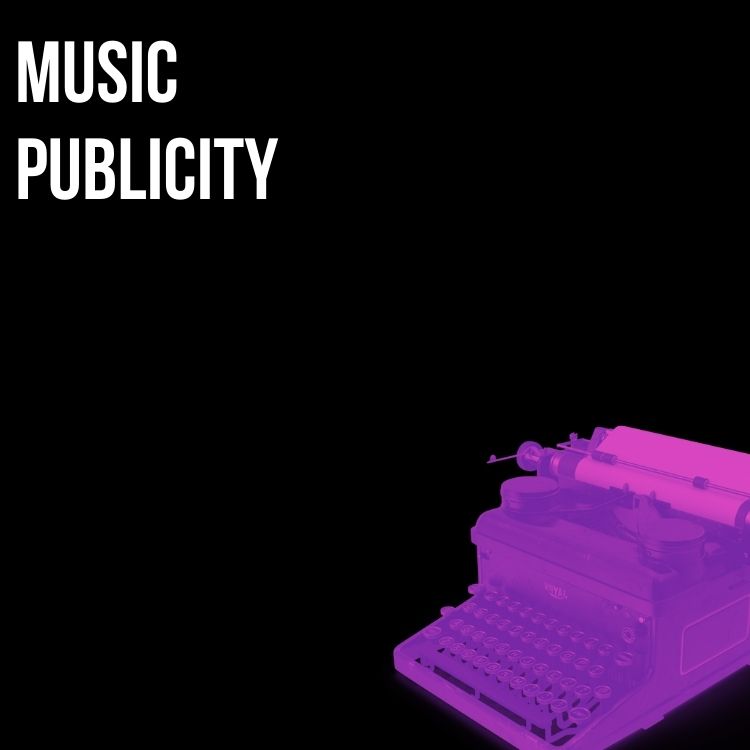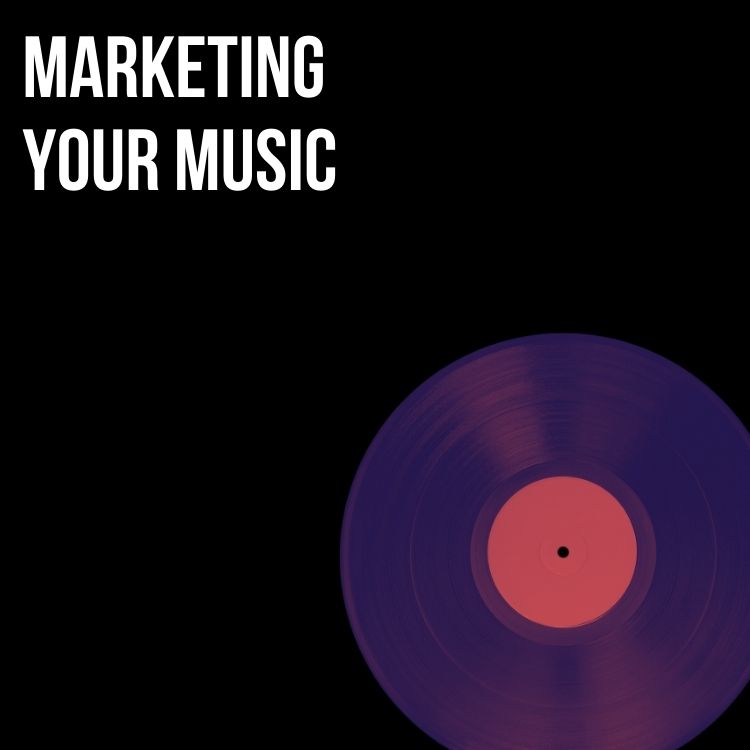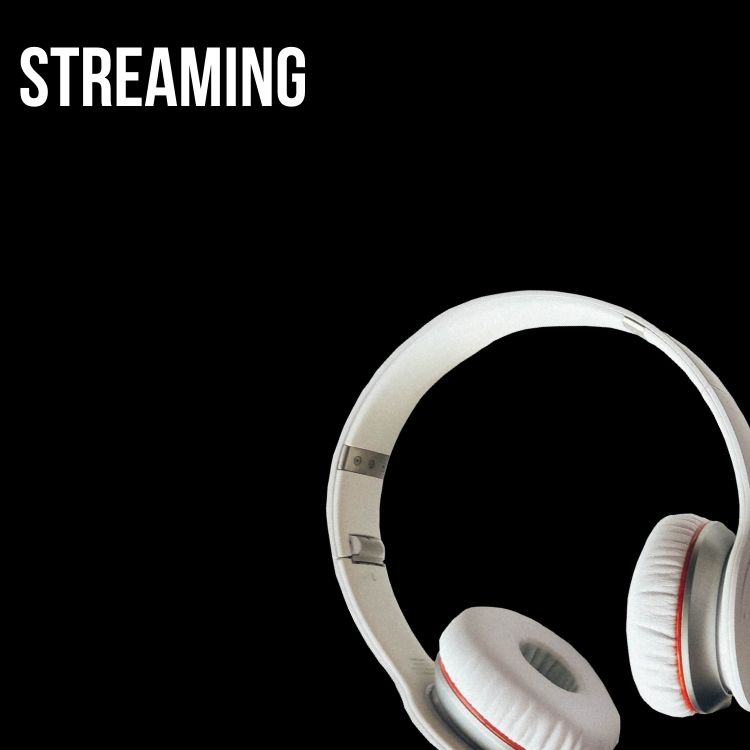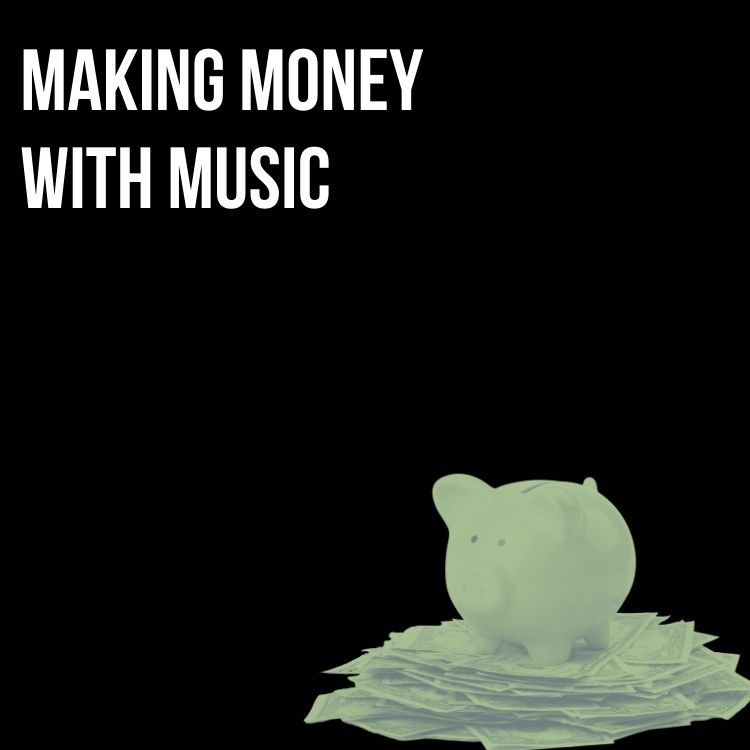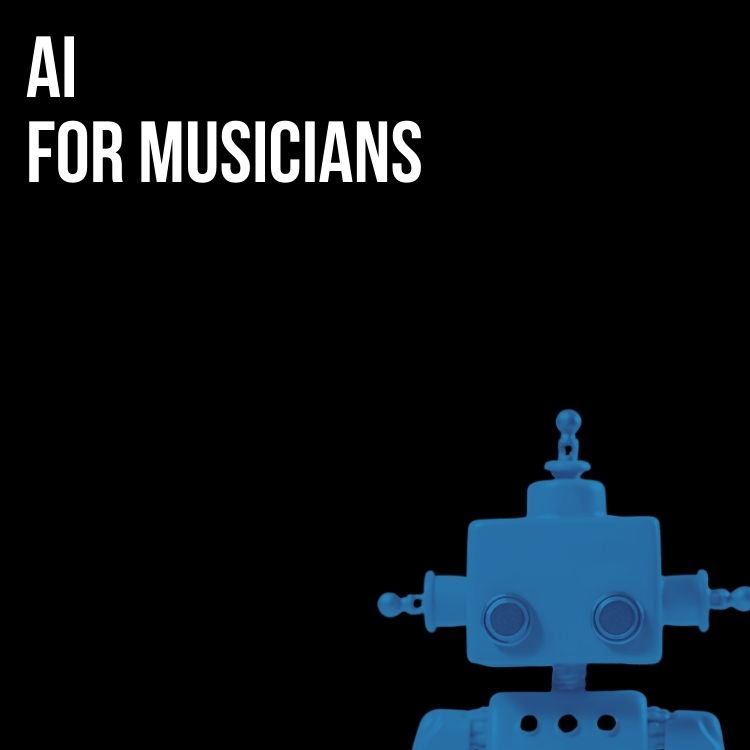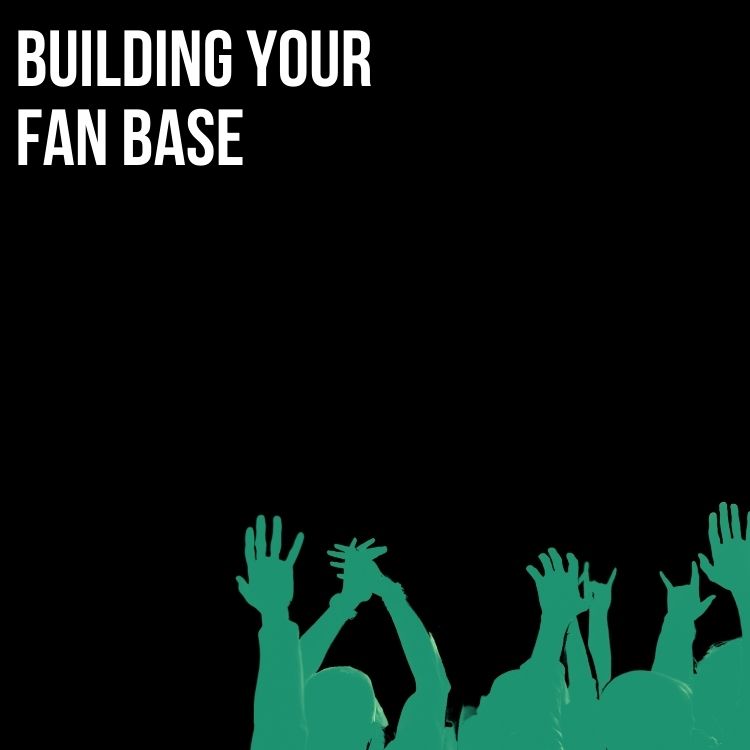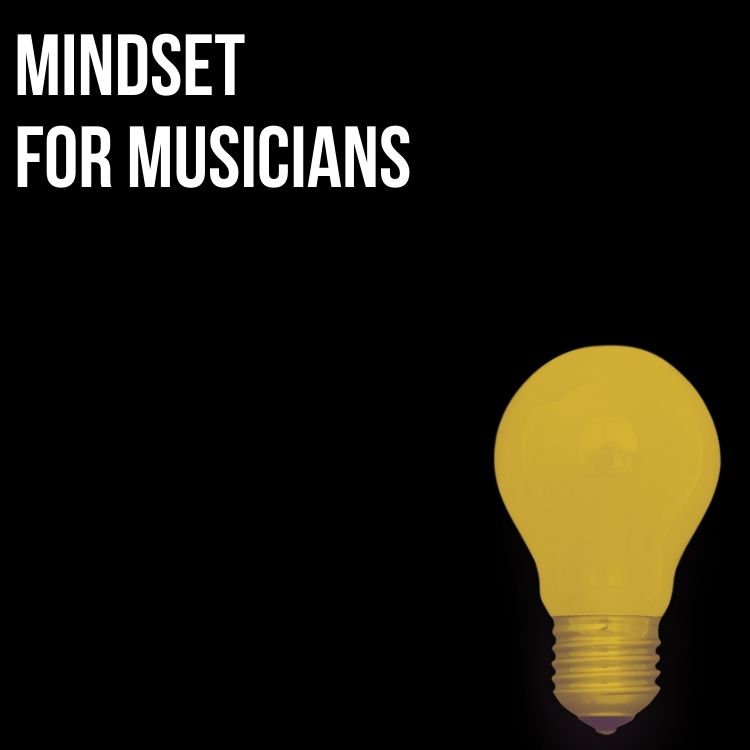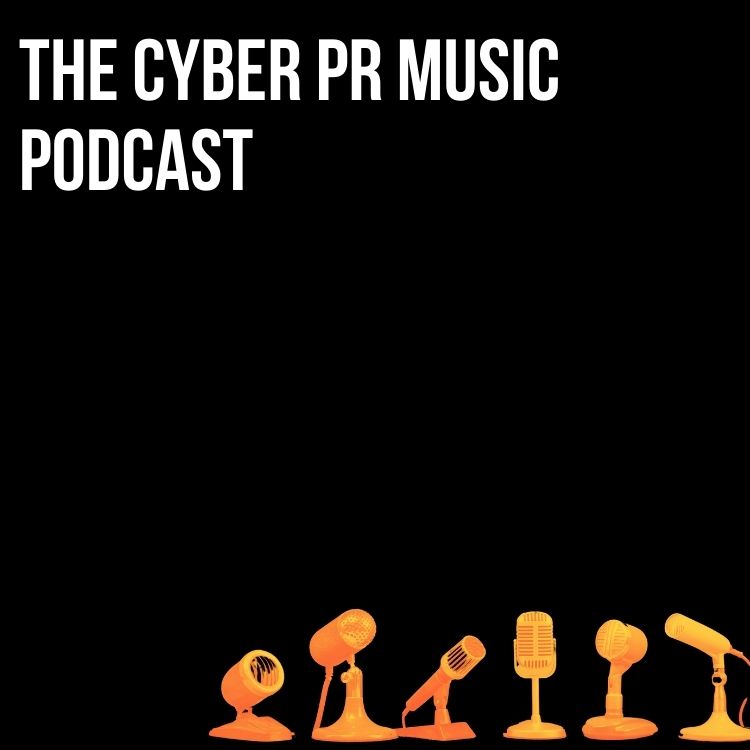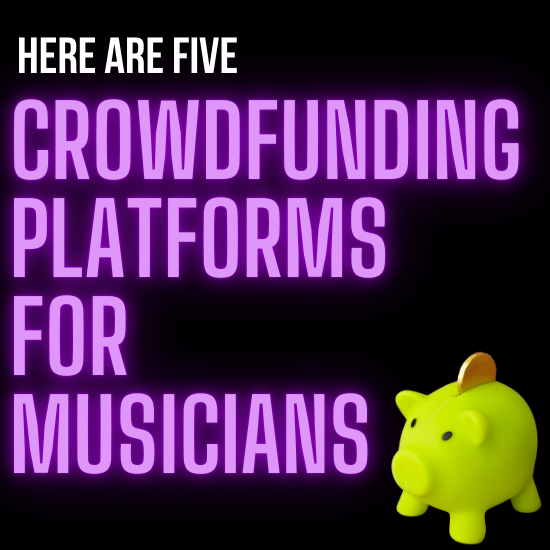
Crowdfunding for Musicians: A Path to Creativity and Connection (and Super Fans)
Crowdfunding is more than just a way to fund your next project—it’s an opportunity to connect with your community, share your vision, and receive support that goes beyond the financial. It’s about inviting others to become part of your journey and celebrating the shared sense of purpose that grows from their involvement.
The magic of crowdfunding lies in the funds you raise and the transformation it inspires. You’ll tap into your creativity, strengthen bonds with your supporters, and gain the confidence of knowing you’re not alone in pursuing your dream. Even partial funding can ignite a spark that propels you forward.
Ready to explore your options? Here are five crowdfunding platforms that musicians should consider:
This ripple effect is profound, and it will resound into your future. Crowdfunding represents a little piece of your dream, and it will make you realize you’re not alone. It will spark creativity and bring you closer to your super fans. Even if you only get partial funding, it will be worth it for the transformation you’ll undergo.
OK! On to Brass Tacks!
Here are five crowdfunding platforms that artists should consider
Platform #1: Kickstarter Crowdfunding
Kickstarter is arguably the most recognized crowdfunding platform, hosting a wide range of projects in art, design, fashion, tech, music, and more. Known for record-breaking campaigns like the Pebble Watch, The Coolest Cooler, and Amanda Palmer’s $1M album campaign, Kickstarter has become a go-to for creators with ambitious goals.
PROS: It’s the biggest and most trusted platform, giving your campaign visibility to a massive audience of potential backers. Fans are already familiar with Kickstarter, which can make it easier to rally support.
CONS: Kickstarter’s all-or-nothing model means you only receive funds if your campaign reaches its goal. If you fall short by even $1, you get nothing, and no money is collected from backers. The platform charges a 5% fee on successful campaigns, plus payment processing fees of 3% + $0.20 per pledge (or 5% + $0.05 for pledges under $10).
Click here to learn more about Kickstarter for musicians.
Click here to learn more about Kickstarter for musicians.

Platform #2: Patreon for Musicians
Patreon is a membership platform that allows musicians to build ongoing relationships with their fans by offering exclusive content, experiences, and perks in exchange for monthly subscriptions.
PROS: Patreon provides a consistent revenue stream through fan subscriptions, making it ideal for musicians seeking long-term support. Creators can customize membership tiers, offering exclusive content such as behind-the-scenes videos, early song releases, live stream performances, or personalized experiences. The platform fosters a closer connection with super fans and gives creators control over their offerings.
CONS: Patreon charges fees ranging from 5% to 12% of monthly earnings, depending on the plan you choose, plus payment processing fees of 2.9% + $0.30 per pledge. Managing a Patreon requires regular content creation to retain subscribers, which can be time-intensive for musicians already juggling creative and promotional responsibilities.
Click here to learn more about Patreon for musicians.
Platform #3: Bandzoogle Crowdfunding Page
I have been working with them for my entire career. They are artist-friendly, and so many artists already know how to use the Bandzoogle platform.
Bandzoogle’s crowdfunding feature enables musicians to raise funds directly from fans through their own websites, offering a commission-free platform where artists retain 100% of pledges. Musicians can swiftly set up a campaign using customizable templates that align with their site’s design, incorporating elements like introduction videos, project descriptions, and reward tiers. The platform supports direct payments via Stripe or PayPal, flexible funding goals, album pre-orders, and inventory tracking for reward tiers. Additionally, Bandzoogle provides promotional tools such as mailing lists, blogging, and social sharing to keep backers engaged throughout the project’s progression.
This video walks you through the options:
PROS: Pledges from your fans are commission-free, and we don’t touch on financial transactions. Funds are processed through Stripe or PayPal and go directly into your account without delay. (In other words, you get the money immediately!)
CONS: If you don’t already use Bandzoogle, you must learn how to create a second site for your crowdfunding campaign. (It’s not much more work than setting up a Kickstarter or Indiegogo Page, PLUS it is designed with musician crowdfunding campaigns in mind.)
There is an easy-to-use blog feature to post campaign updates right on your crowdfunding page to keep your funders updated with the latest news and progress of the campaign. Plus, you can create a FAQ page and use Bandzoogle’s built-in mailing list tool to stay in touch along your journey (a must if you want to succeed).
With the Store feature, you can offer unique items like signed lyric sheets, songbooks, exclusive merch, and even instruments or gear that were used during the recording.
Platform #4: Seed&Spark for Musicians
Seed&Spark caught my eye a few months ago when a past Cyber PR client Aliza Hava crushed her campaign on it. This crowdfunding platform tailored for creative projects, offering musicians a way to fund albums, tours, or other artistic ventures while fostering community engagement. Founded by Emily Best, the platform has a mission to empower creators and promote inclusivity in the arts. Alo, it is founded by a woman.
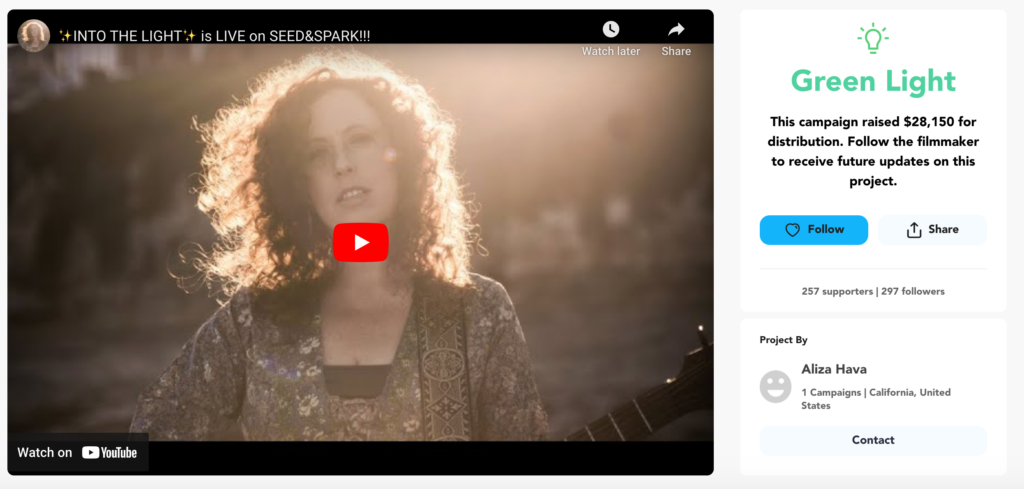
PROS: Seed&Spark has a high success rate due to its focus on community building and offers tools to help creators strategize their campaigns. It includes a “wishlist” feature, allowing musicians to request specific items or services instead of just monetary donations. Campaign backers gain a sense of direct impact by contributing toward tangible goals. Additionally, Seed&Spark offers educational resources to guide creators through successful crowdfunding.
CONS: Seed&Spark charges a 5% platform fee on all funds raised, plus payment processing fees of 2.9% + $0.30 per transaction. The platform requires campaigns to reach 80% of their funding goal to receive any money, adding pressure to hit a certain threshold. Its niche focus may also mean a smaller potential donor base than larger platforms.
Click here to learn more about Seed & Spark for musicians
Platform #5: Indiegogo Crowdfunding
Indiegogo hosts a wide variety of projects, including education, technology, arts, and community initiatives. It also allows campaigns to register as nonprofits, making it a viable option for raising funds for charity.
PROS: Indiegogo offers flexible funding, meaning you can keep the funds raised even if you don’t meet your goal. For campaigns tied to a registered 501(c)(3) nonprofit, Indiegogo reduces its fees by 25%, and contributions may qualify funders for tax deductions.
CONS: Indiegogo charges a 9% fee plus payment processing fees for all contributions. However, if your campaign reaches its goal, 5% of the platform fee is refunded, effectively bringing it down to 4% (plus the 3–5% credit card processing fee). Note that the 5% refund is contingent on meeting your campaign goal.
Click here to learn more about Indiegogo
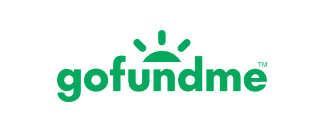
Platform Worth Mentioning: GoFundMe for Musicians
I often get asked if GoFundMe is a good idea for musicians to use. My short answer is no.GoFundMe is usually used for personal emergencies, and campaigns are often launched by fans and friends of musicians seeking financial support for medical reasons or hardships.
PROS: GoFundMe allows you to keep all the funds raised, even if you don’t meet your goal. It has no platform fees, though payment processing fees of 2.9% + $0.30 per donation apply. The platform is widely recognized and easy to use.
CONS: GoFundMe is typically associated with urgent personal causes, which may affect how a creative project is perceived. However, it’s important to consider that GoFundMe’s association with personal crises might influence potential backers’ perceptions of your campaign. Platforms like Kickstarter or Patreon, which are more focused on creative projects, might be better suited for musicians seeking funding for their work.
I hope this helps, and I would love to hear about anyone’s experience with any of these platforms – Talk to me on Threads @CyberPR
Note: Need A Guide? Here’s a chapter from CROWDSTART: The Ultimate Guide to a Powerful and Profitable Crowdfunding Campaign
Subscribe for more!
Back to The Blog





